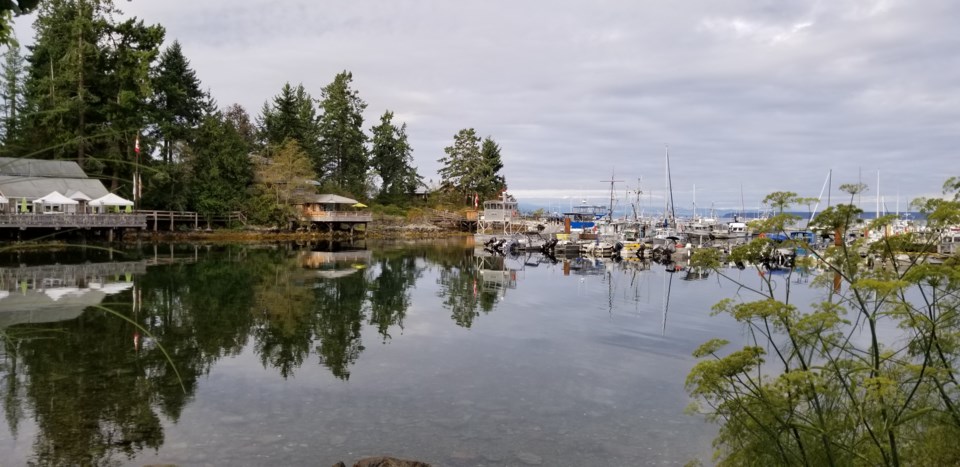qathet Regional District’s finance committee is recommending the regional board approve allocating a further $150,000 from northside recreation’s 2023 and 2024 budget for the proposed Lund Community Centre project to fund budget shortfalls.
At the June 22 finance committee meeting, Electoral Area A director and board chair Patrick Brabazon said in a staff report, there were three options presented, and it was not clear in the recommendation which option was being pursued. He asked for staff clarification.
Corporate officer Michelle Jones said the board had approved going through an alternative approval process to gather public opinion, so all that was required to continue with the process is a commitment to allocate the reserves.
“Then, we would have enough money to cover the potential shortfall,” added Jones.
City director and finance committee chair George Doubt asked when there was discussion about allocating another $150,000, whether it was $150,000 for 2023 and $150,000 for 2024, or if it was $150,000 for the two years.
“There’s some ambiguity in the way that sentence reads,” said Doubt.
Jones said the intention was for the total to be $150,000 for the two years.
Doubt said if the community wants to go with the alternative approval process as opposed to a referendum, he wouldn’t want to stand in the way of that. He said he found it a little surprising that the budget has gone up only $150,000 since 2019.
“That seems really conservative to me,” added Doubt. “With inflation over time, and every other place I hear about that is sending out requests for proposals for construction, there are vast increases in construction costs, as opposed to small ones.
“The other concern is if the staff has the time to actually get the request for proposals done between the results of the alternative approval process and the deadline they have for commencement of construction. It seems to be a very short time, and my experience is that projects are taking more than two months to go from approval to action.”
Manager of financial services Linda Greenan said regarding cost increases, when the estimate was developed, it was based on a proposal from 2019 cost estimates.
“We looked at increases to construction costs and the manager of asset management and I looked at it,” said Greenan. “We looked at an estimated 10 per cent for construction cost inflation based on the construction costs indices, and then we did a two per cent inflation for consulting costs. When we developed this budget we had a 35 per cent contingency because we did not know what was going to happen with the costs.
“When we looked at our 10 per cent construction cost increase, and all of the other cost increases, the manager of asset management thought that would be appropriate for the level of cost estimates we have. We still think we can do the project for $6.012 million.”
Doubt asked where the $150,000 was coming from. Greenan said there were plans in the 2023 and 2024 budgets to put a further $150,000 toward the reserve. She said those funds would be diverted from the reserve, so instead of the reserve being $150,000 at the end of 2024, the reserve would be basically eliminated.
The finance committee voted to send the matter to the regional board.
Borrowing needs
According to a staff report, the Lund Community Centre loan authorization bylaw was given first three readings at the September 2020 regional board meeting, staff submitted an application to the Investing in Canada Infrastructure program, and a grant was awarded in early 2022 for $4,186,000 for the project.
In order to complete the project, the regional district would need to borrow $1.1 million, which would be paid for by those in the northside recreation boundaries in Electoral Area A.
At the beginning of the finance committee meeting, directors heard from a delegation from the building committee of the Lund Community Centre, with a request that an alternate approval process be used to determine consent from the electorate, rather than a referendum.
Lund Community Society co-chair John Hewson said his group was requesting the regional board begin a process of applying for $1.1 million. He said there were two choices: to go to referendum with the October election, or the alternative approval process, which involves going to the electorate for opinion on a matter, and if 10 per cent provide written responses in the negative, then the process is defeated. He said going to referendum would be rushed in informing the community, whereas the alternative approval process could be held at a later date.
“We felt the alternative approval process gave us more time for engaging the community,” said Hewson, “and if in that process we have more than 10 per cent concerned naysayers, there is the option to go to referendum after that if necessary.”



